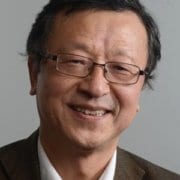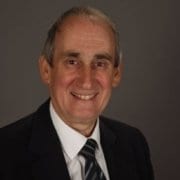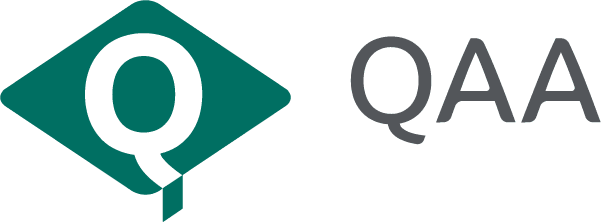The Centre for Modern Languages
The Centre for Modern Languages was established in 2013 to reintroduce modern language teaching to Richmond University London. As part of the implementation of the university’s new vision and internationalism strategy, the Centre, through its provision of language and culture courses and involvement in wider communities, enhances the profile of the University as a truly international university.
The Centre for Modern Languages has so far introduced courses in Arabic, Mandarin Chinese and Japanese, with more to be introduced. All these courses are combined with related cultural studies with an aim to foster both awareness and competences in intercultural communications on the part of the course participants. The Centre also acts as an interface between the University and its neighbouring communities, Evening Language Courses are designed and offered to both the university and neighbouring communities, including joint business Chinese language courses in collaboration with the Confucius Institute for Business based at the London School of Economics (LSE).
The importance of language learning and language teaching in today’s higher education is self-evident, both for the development of individuals, especially from the point of view of a liberal arts education which characterises the University, and for the preparation of these individuals for the future job market. This is because “languages play a key role in expressing the cultures and identities of the places in which they are used” (Languages and Related Studies, 2007, AQQ), and “the UK needs more of its people to speak foreign languages – for employability, for trade and the economy, and for our cultural life” (Language for the Future Report, 2013, British Council). Languages also form an essential part of intercultural competence, a quality that is increasingly vital in the present multicultural and multilingual world.
In addition, the Centre also organises other relevant activities such as professional development programmes for language teachers and themed public lectures, either independently or jointly for audience coming from both within the University and the communities and institutions in the surrounding areas of the University. The Centre also hosts visiting scholars and visiting professors from other countries.
Professors at the Centre for Modern Languages
Professor George X Zhang, PhD, Hon FCIL
Director, the Centre for Modern Languages
Dr George X Zhang is Professor of Chinese and Director of the Centre for Modern Languages, in the School of Liberal Arts of the university. He has over thirty years’ experience in language teaching in British and Chinese universities as well as commercial experience in management consultancy and training.
Before joining Richmond University, Professor Zhang was the Director of SOAS (School of Oriental and African Studies) Language Centre, University of London and the Director of London Confucius Institute (the first Confucius Institute in the UK).
Professor Zhang is an Honorary Fellow of the Chartered Institute of Linguists, and an associate researcher of PLIDAM, INALCO (institut national des langues et civilisations orientales). As a language specialist, Professor Zhang sits on a number of national and regional language education boards or organisations, and he also lectures extensively all over Europe and other parts of the world.
Professor Tim Connell
Professor Tim Connell is an Emeritus Professor of City University London where he served as Director of Language Studies for nearly twenty years before his retirement. With over forty years’ experience in higher education in London, much of which is related to language learning and teaching.
Professor Connell is a graduate of Oxford, Liverpool and London universities, and has also studied in Spain and Mexico. His particular languages are Spanish, French and Portuguese and he has extensive experience of both Spain and Latin America.
Professor Connell know the language market very well, and is often ahead of change in the field. He is Vice-President of the Chartered Institute of Linguists, which offers examinations in 35 countries and is currently expanding in the Far East and also served as the chair the Institute of Linguists’ Educational Trust Board. Professor Connell has also delivered numerous guest lectures and been involved many consultancy assignments concerning language learning and language teaching.




